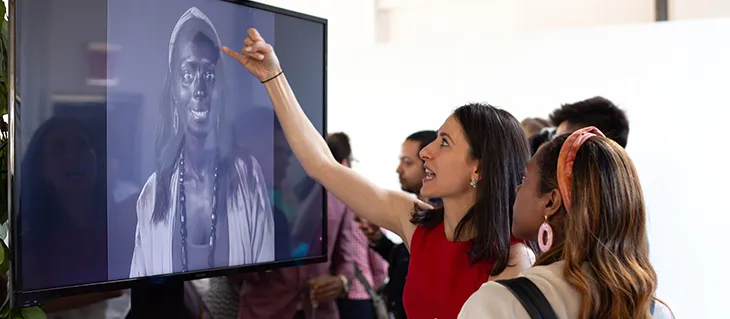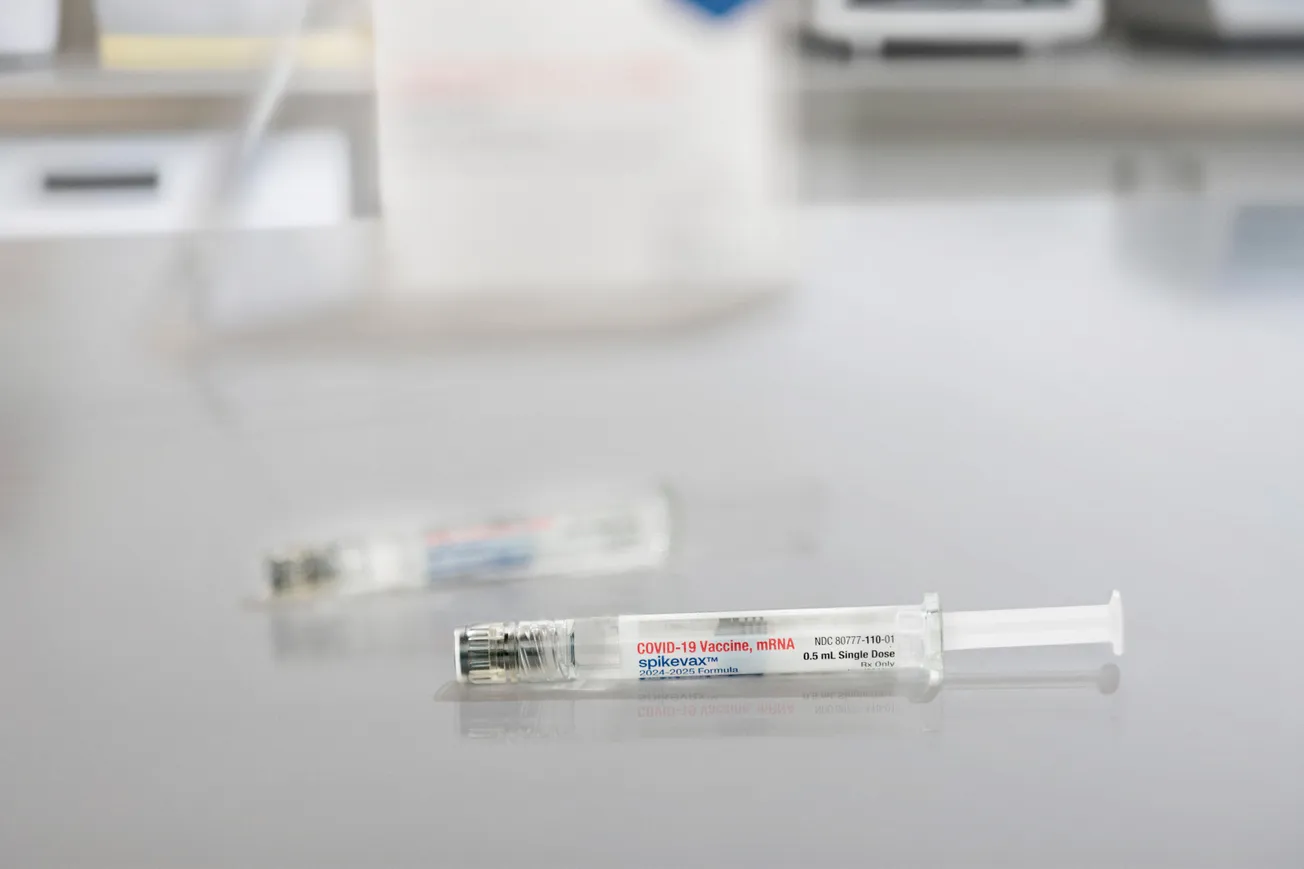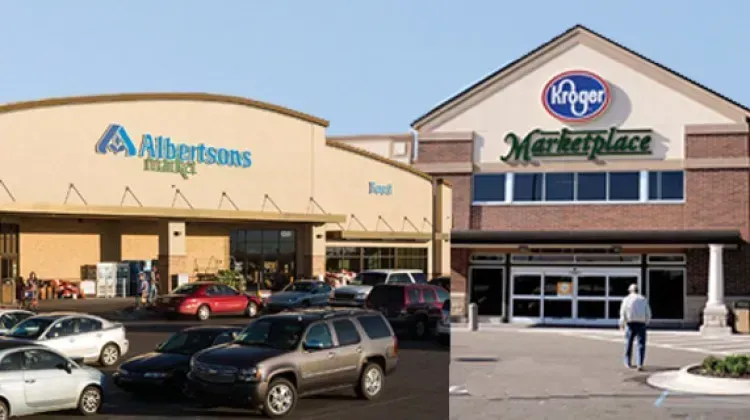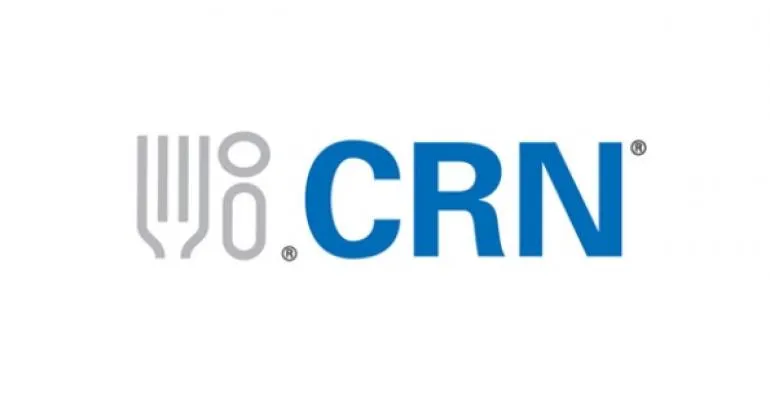NEW YORK — Walgreens has joined The Skin Cancer Foundation on the road this year in support of its Destination: Healthy Skin Program — a national effort to educate consumers about the importance of effective sun protection for skin cancer prevention, and the importance of early detection.
“As people spend more time outside enjoying their favorite summer activities, it’s especially important to remember that the sun’s rays can be very harmful if the proper precautions are not taken,” said Joe Hartsig, chief merchandising officer, Walgreens. “Walgreens is proud to join The Skin Cancer Foundation to heighten awareness around the need for prevention, and to bring outdoors the caring expertise we deliver every day in our stores in the community.”
During the nationwide tour, consumers will have the opportunity to enter an innovative, customized RV with private exam rooms where trained dermatologists will provide free full-body skin cancer screenings and will share insights on sun care do’s and don’ts as well as tips to stay skin-safe.
On Tuesday, June 11, Walgreens held a summer skin care fête at Milk Studios in Manhattan as part of the campaign in which attendees had the opportunity to learn about Walgreens SPF 50 Sunscreen that is free of paraben, oils and oxybenzone and to consult with members of the Walgreens beauty team.
The event also featured UV portraits with Paris-based photographer Pierre-Louis Ferrer that reveal radiation damage to the skin not visible to the human eye. Renowned dermatologist Rachel Nazarian of Schweiger Dermatology Group and faculty member at Mount Sinai Medical Center’s Department of Dermatology, was also at the event and is serving as the spokesperson for the Walgreens campaign. The event in Chelsea helped kick off what Crystal Fouchard, Walgreens senior director, brand marketing, described as an ideal bridge between beauty and health as Walgreens continues to become more of a health and wellness destination.
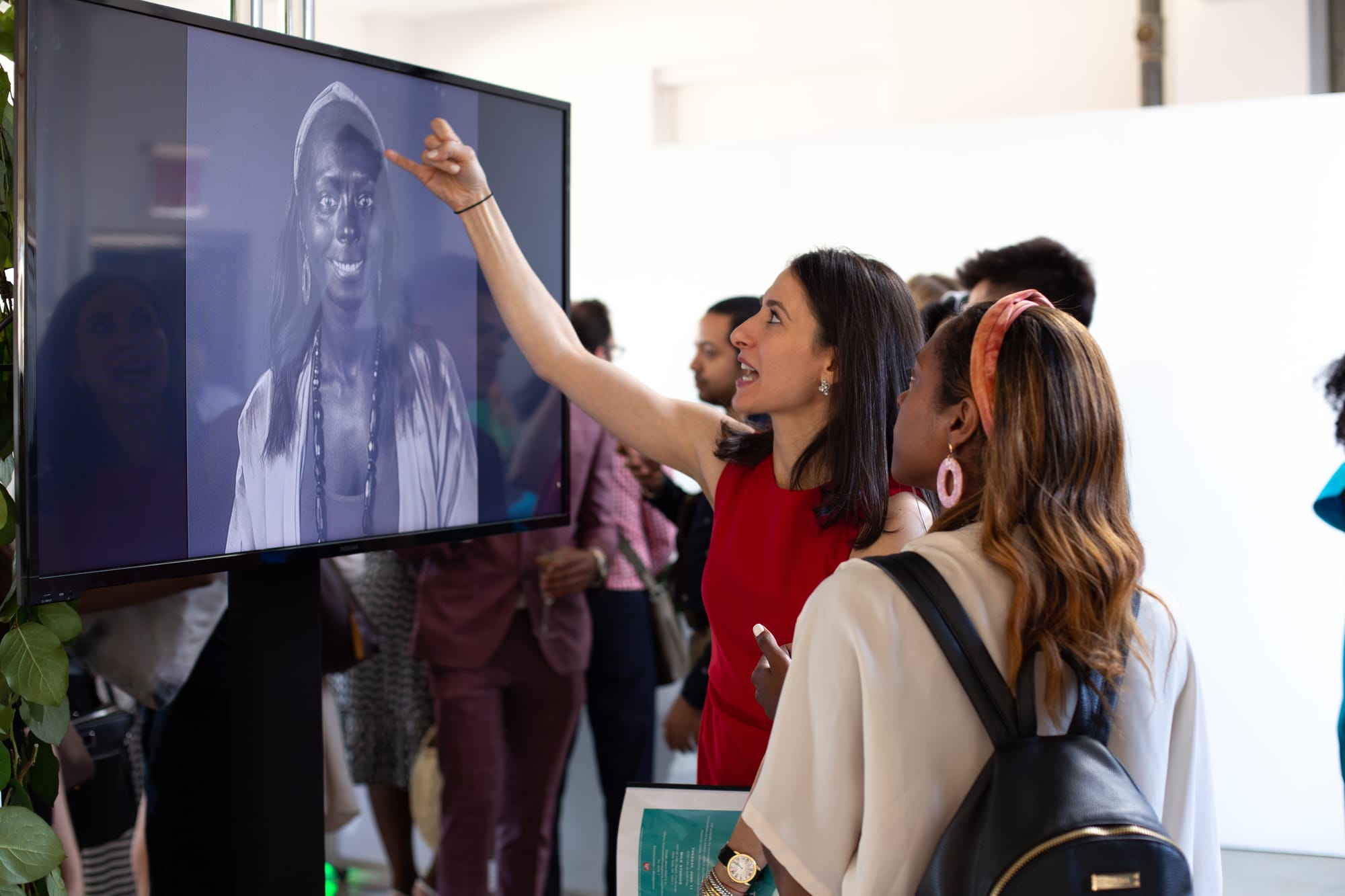
Dr. Rachel Nazarian explaining UV damage
Pointing out that skin cancer is the most common form of cancer in the United States — with numbers continuing to rise — Fouchard said the campaign to raise awareness of skin cancer addresses both “a beauty concern as well as a health concern.”
According to The Skin Cancer Foundation, an estimated 7,230 people will die of melanoma, the most dangerous form of skin cancer, in 2019. Of those, 4,740 will be men and 2,490 will be women. More concerning, between 2009 and 2019, the number of new invasive melanoma cases diagnosed annually increased by 54% and it’s estimated that the number of new melanoma cases diagnosed in 2019 will increase by 7.7%. And it is estimated that one in five Americans will develop some type of skin cancer by the age of 70.
However, as Dr. Nazarian noted, when skin cancer is found and removed early, there is a higher probability of a cure, which is why she is so focused on raising awareness of having routine skin screenings and wearing appropriate sunscreen, especially when considering that, on average, a person’s risk for melanoma doubles if he or she has had more than five sunburns.
Nazarian also believes that educating people as to the damaging effects on the skin caused by too much sun exposure is a practical and effective way to get them to develop healthy skin protection habits, which Nazarian likens to raising awareness about the hazards of smoking. “Many people think getting cancer from smoking won’t happen to them, or that it’s so far down the road they don’t think about it,” she said. “But when you educate them about the damage smoking does to their teeth, their skin, how it causes bad breath, then they see those impacts immediately. They see that damage right away. It’s the same with skin damage. They might not be thinking of getting skin cancer, but they don’t want to look old, or have sunspots and wrinkles.”
Pampering the skin, according to Nazarian, such as using moisturizers with SPF 50 or above, staying out of the sun, and washing the face with cleansers, will also help protect against cancer while keeping the skin healthy and healthy looking.
Along with hosting various interactive skin care experiences, Walgreens beauty consultants and pharmacists will be on-site at various venues to distribute sunscreen samples, educate visitors on the importance of sun protection, provide recommendations for sunburn treatment and talk with people about possible photosensitive effects of certain prescription medications.
In addition to the skin care educational sessions, Walgreens invites program participants to share their sunscreen knowledge by participating in a fun social media activity called, “Show Us Your Sunscreen Face.” Visitors will receive samples of Walgreens sunscreen and are encouraged to apply it in a creative way, such as the “lifeguard nose.”
Participants can then take a photo of their “sunscreen face” and share with their friends using a special hashtag.

